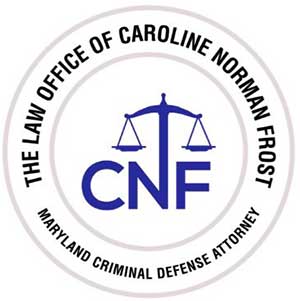Drug Court General Information
Drug treatment courts are specialized court dockets that target criminal defendants and offenders, juvenile offenders, and parents with pending child welfare cases who have alcohol and other drug dependency problems.
Traditional Court vs. Drug Court
- Individuals representing entities within the criminal justice system to achieve the goal
- Adversarial
- Goal = “Legal Justice”
- Court has limited role in supervision of defendant
- Treatment programs of variable lengths and intensity
- Relapse = New crime or violation of probation = Enhanced sentence
- Court team working together to achieve the goal
- Non adversarial
- Goal = Restore defendant as a productive, non-criminal member of society
- Court plays integral role in monitoring defendant’s progress in treatment
- Individualized, but intensive and structured, treatment programs
- Graduated sanctions imposed in response to noncompliance with drug court program
Perhaps the most unique and important characteristics of drug court programs is the level of cooperative relationships formed among the drug court team members. Collaboration begins during the early planning stage and continues throughout the operations of drug court. All major decision points, from screening criteria and eligibility requirements to termination an completion of the program, result from collaborative agreements among drug court team members. The court, through the designated drug court judge, provides the overall leadership of the team and represents the court authority to the drug court participants.
The information and content from above is from Welcome | Maryland Courts (state.md.us)

